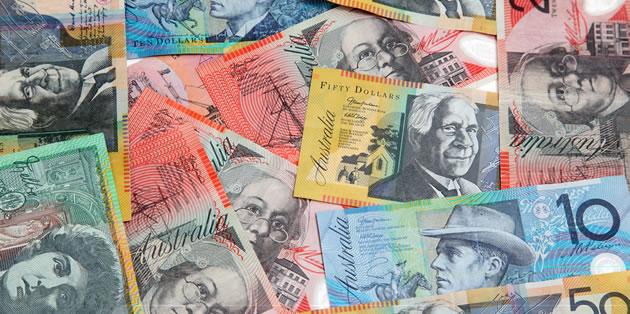Unresolved Issue of Italian Budget Keeps Back Euro from Rising against Weakened Australian Dollar
Concerns surrounding the ongoing impasse between the Italian government and EU officials have continued to limit market appetite for the Euro (EUR) today.
Despite some on-target inflation figures from France and Spain this morning traders remain nervous about the prospect of a new Eurozone debt crisis caused by the populist Italian government and its refusal to stick to the EU’s 2% of GDP budget deficit rules.
With Italian officials showing no sign of acquiescing the deadlock looks set to remain, limiting the potential for Euro to Auatralian Dollar (EUR/AUD) exchange rate gains.
Meanwhile, analysts will be scrutinising the European Central Bank’s (ECB) latest monetary policy meeting accounts later today as they search for any signs of if and when rates will next rise.
Any indication that Eurozone policymakers are considering a rate hike sooner than next summer will be seized upon, likely forcing a EUR/AUD exchange rate rise.
Australian Dollar Approaches 8-Year Low against Euro as US-China Trade Jitters Linger
With the Australian Dollar under pressure, the AUD/EUR exchange rate is approaching lows not seen since 2010.
Mixed Chinese data has added to the ‘Aussie’s’ woes, with AUD traders keeping a close eye on China’s import figures.
As China is Australia’s biggest export market for many materials, including iron ore, traders are on edge as they wait to see what turn US President Donald Trump’s trade policies will take next.
News that President Trump and Vice President Mike Pence have accused Chinese authorities of meddling in the upcoming midterm elections in the US, as well as allegations that Chinese spies placed tiny microchips in computer servers used by some of America’s largest corporations do not bode well for future trade relations between the two economic giants.
This continued sense of global risk is keeping a lid on AUD rates, and threatens to pull them down further if a trade war escalates.
EUR/AUD Exchange Rate Outlook: Shrinking Eurozone Production Figures to Cast Shadow
Euro demand could falter tomorrow with forecasts pointing towards a poor set of Eurozone industrial production figures.
Eurozone seasonally adjusted industrial production numbers for August are expected to disappoint, with the figure slipping to -0.2% from -0.1% on an annualised basis.
With exports already shown to be in decline, another weak print could put downside pressure on the EUR/AUD exchange rate.
Before then though, some German inflation data is due for release, which could give Euro rates a boost.
Current expectations are for the consumer price index to remain at a steady 0.4% for the month of September, which would indicate that inflationary pressures are holding up in Europe’s largest economy.
If Euro rates remain resilient as US-China trade fears increase, we are likely to see further upside movement in the EUR/AUD exchange rate for the rest of the week.



